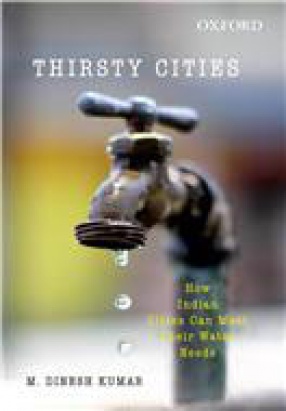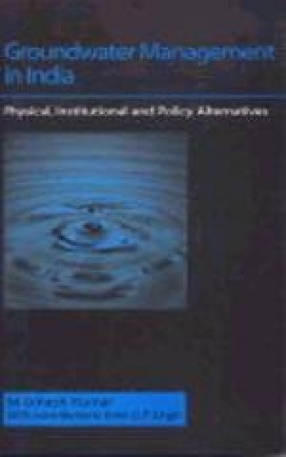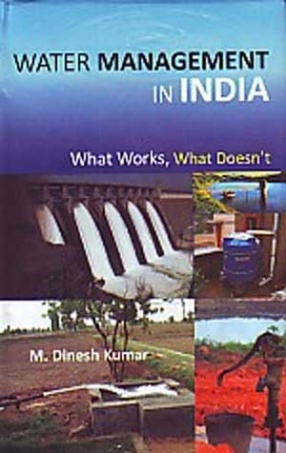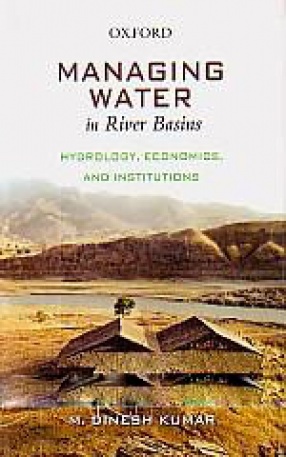Thirsty Cities: How Indian Cities Can Meet Their Water Needs
With urban population increasing by 38.1 million from 2001 to 2011, infrastructure in Indian cities, including water supply, has come under enormous pressure. Urban water management has come to be an important challenge for many developing countries of the world, characterized as they are by high economic growth, rapid urbanization, and unregulated industrialization.
While a range of solutions—from rainwater harvesting to community participation and public-private partnerships—are often suggested, this book argues against these fragmented approaches. Covering an entire gamut of issues relating to water supply, wastewater treatment, storm water management, water allocation, and water resources management as components of an integrated system, it presents an Integrated Urban Water Management (IUWM) framework for India.
The author identifies the available opportunities as well as the constraints and challenges in implementing water management solutions in different physical, socio-economic, administrative, and institutional settings that prevail in Indian cities and towns. In the process, he defines the criteria for choosing the range of technical, economic, and institutional alternatives for improving the performance of urban water systems in a wide range of situations.
Get it now and save 10%
BECOME A MEMBER











Bibliographic information